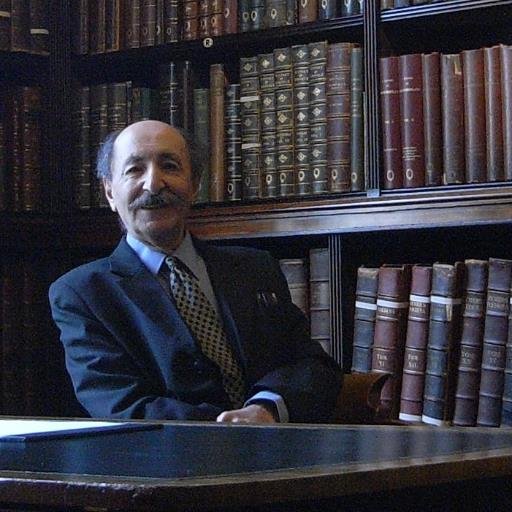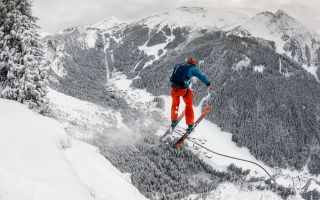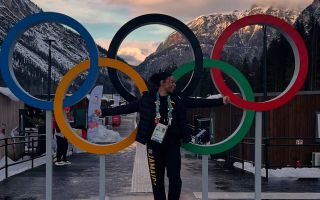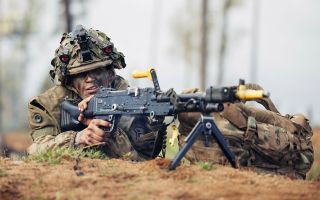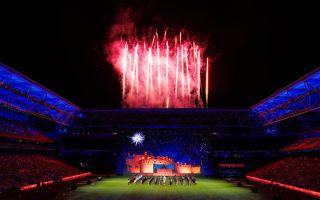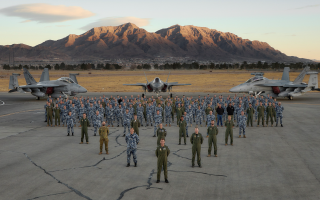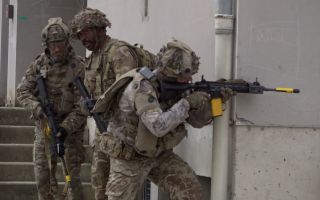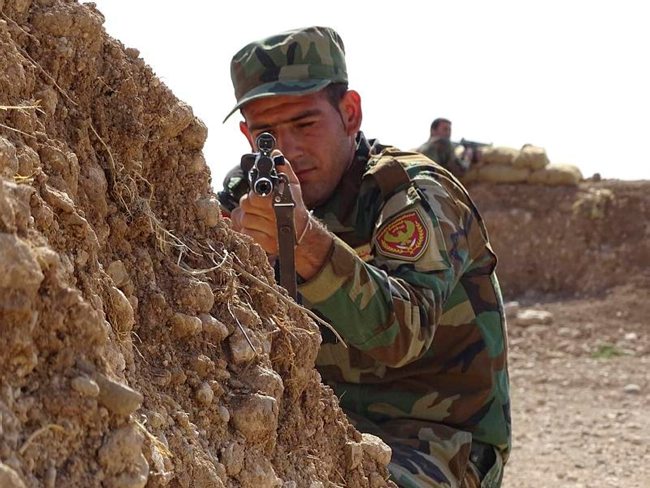
COMMENT: Is This The Dunkirk Of The Kurds?

Hazhir Teimourian (not pictured) was born and brought up in Kurdish western Iran. He worked for many years for The Times as a commentator on the Middle East.
In the wake of the rapid collapse of Kurdish defence forces in Kirkuk yesterday, morale has plummeted all over the areas still controlled by the autonomous government of Kurdistan in northern Iraq.
Distraught refugees on Kurdish television accusing politicians of treason and members of the Peshmerga in tears complaining of their orders to retreat are reminding older Kurds of 1991 and Saddam Hussein’s ‘Anfal’ Operation (named after a chapter of the Koran on war booty).
In the wake of his eviction from Kuwait in the first Gulf War, he turned his forces against the Kurdish north and drove a million people into the freezing mountains on the borders of Turkey and Iran.
It caused a public outcry in Britain and America and compelled Prime Minister John Major and President George H. Bush to send troops back into Iraq to establish a ‘safe haven’ for the refugees’ return.
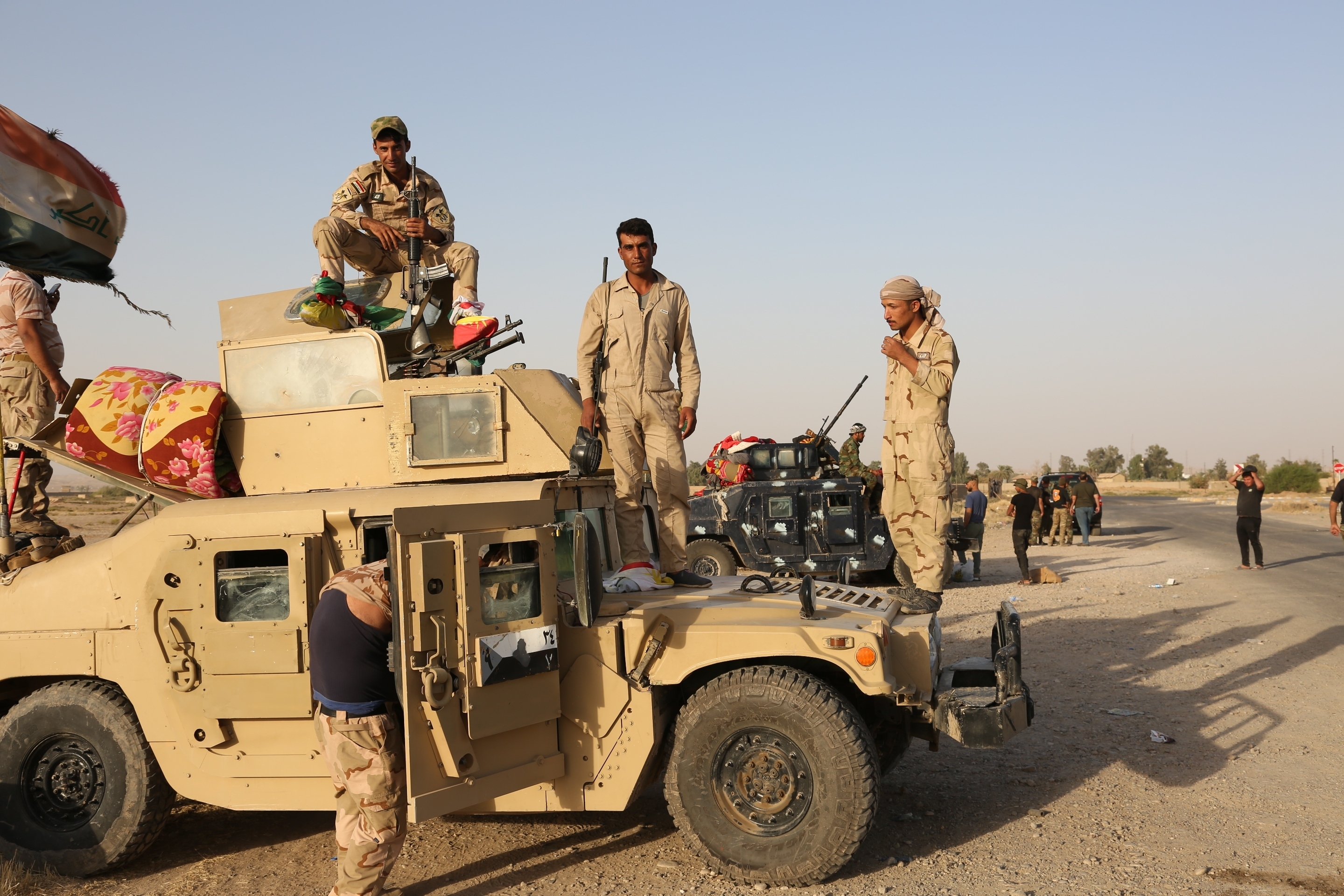
An even darker memory for many Kurds is the notorious ‘Algiers Agreement’ between Saddam Hussein and the Shah of Iran in 1975.
The Shah ended his support for a Kurdish insurgency in Iraq in return for concessions from Saddam on navigation rights in the Shatt el Arab river in the far south.
This closure of Iran’s borders to the Peshmerga forced their collapse and Saddam began an immediate ‘Arabisation’ programme in Kurdistan, especially in oil-rich Kirkuk.
Hundreds of thousands of Kurdish civilians were expelled – and thousands killed – to give their homes to Arabs from as far as Palestine, to change the ethnic majority of the city in favour of Arabs.
Distraught friends telephoned in the early hours of this morning from Irbil, the Kurdish capital, to ask if this was going to be another 1975.
Will Iraq’s forces, emboldened with their heavy American tanks and their Iranian military advisors, push further north to overthrow the government in Irbil?
Will, at the very least, another Arabisation programme be put into immediate effect in Kirkuk to continue the work of Saddam?
My friends said they had not been able to sleep for days.
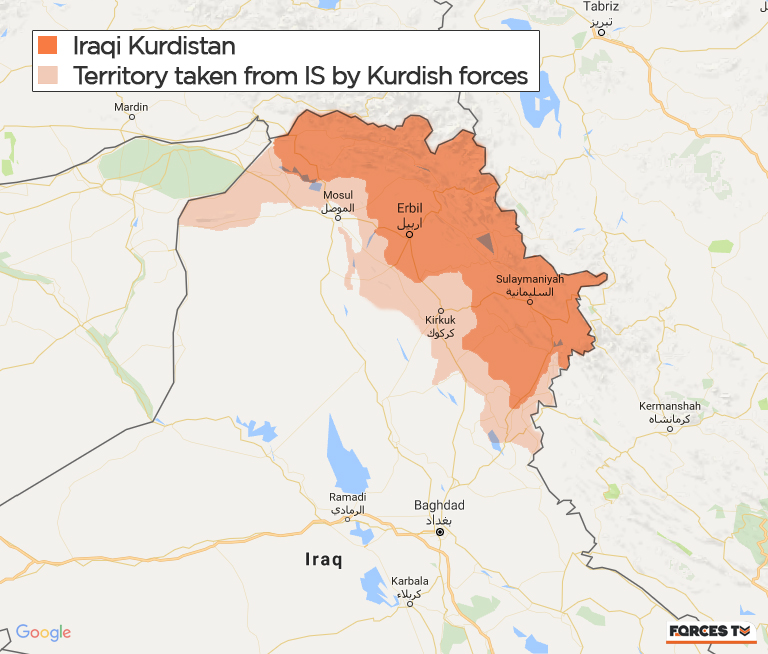
Kurdish houses, abandoned by their owners in Kirkuk, were being looted and taken over by Arabs and Turkomans, the latter widely suspected of being directed from Ankara, which has now closed its air space to the Kurds and threatens to close it land border to them also.
The Iraqi forces, under a direct order from Prime Minister Haidar al Abadi, have removed all Kurdish flags from buildings in the city – contrary to the constitution that designates the province a disputed region that must be under joint Iraqi and Kurdish administration – and an Arab has been appointed to replace its elected Kurdish governor.
It must also not be forgotten that according to Article 140 of the constitution – partly designed by Britain – a referendum should have been organised by 2007 to ask the people of Kirkuk if they wished to be part of the Kurdistan Regional Government.
Baghdad has constantly blocked it.
I expect it will now organise one under its own supervision to prove that the city has, indeed, a majority non-Kurdish population… No doubt the flight of the city’s Kurdish inhabitants will be convenient.
I do not believe that an invasion of the rest of Kurdistan will happen soon.
Even though encouraged by President Trump’s statement that his administration ‘will not take sides’ in this war, the influential Republican senator John Mccain, who heads the Senate’s Armed Services Committee, has warned Baghdad of ‘serious consequences’ if American weapons supplied to it to fight IS will continue to be used against ‘our valiant allies the Kurds’.
Furthermore, pushing into the higher ground will reduce the advantage of those heavy tanks and artillery in favour of the more mobile Peshmerga.
I believe that the rapid retreat of Peshmerga commanders in Kirkuk was caused by their correct observation that resistance in the face of those weapons would be suicidal.
Better to retreat now to fight under better conditions later, even though this would inevitably cause public revulsion and accusations of treachery.
Baghdad, Tehran and Ankara will probably wait to see if their economic blockade will bring Irbil to its knees on its own.
As I write on ‘the morning after’, my old friend president Masoud Barzani – who, you will be assured to know, has not spoken to me for years – is to make a statement to appeal for national unity and to urge his people not to risk a civil war by blaming his rivals in the Patriotic Union of Kurdistan for desertion in Kirkuk.
He will be right. He will also be right, in my opinion, if he claims that, though his decision to go ahead with the (non-binding) referendum on independence on September 25 may have triggered this disaster earlier, Iraq, Iran and Turkey would eventually engineer a provocation in oil-rich Kirkuk to claim that the Arab and Turkoman minorities there were being mistreated by the local Kurdish-dominated council.
History does have some precedents here. Remember the SS plot in Czechoslovakia before Hitler invaded?
In the longer term, however, I still believe that the resilience that a new generation of Kurds are displaying in their rebellions against authority – from western Iran through eastern Turkey to northern Syria – will eventually force their rulers to accept that the Kurds really are a nation.
And that allowing them reasonable measures of self-government, will be a far better option than relentless bloodshed and wastage of resources.
Hazhir Teimourian (pictured below) was born and brought up in Kurdish western Iran. He worked for many years for The Times as a commentator on the Middle East.
